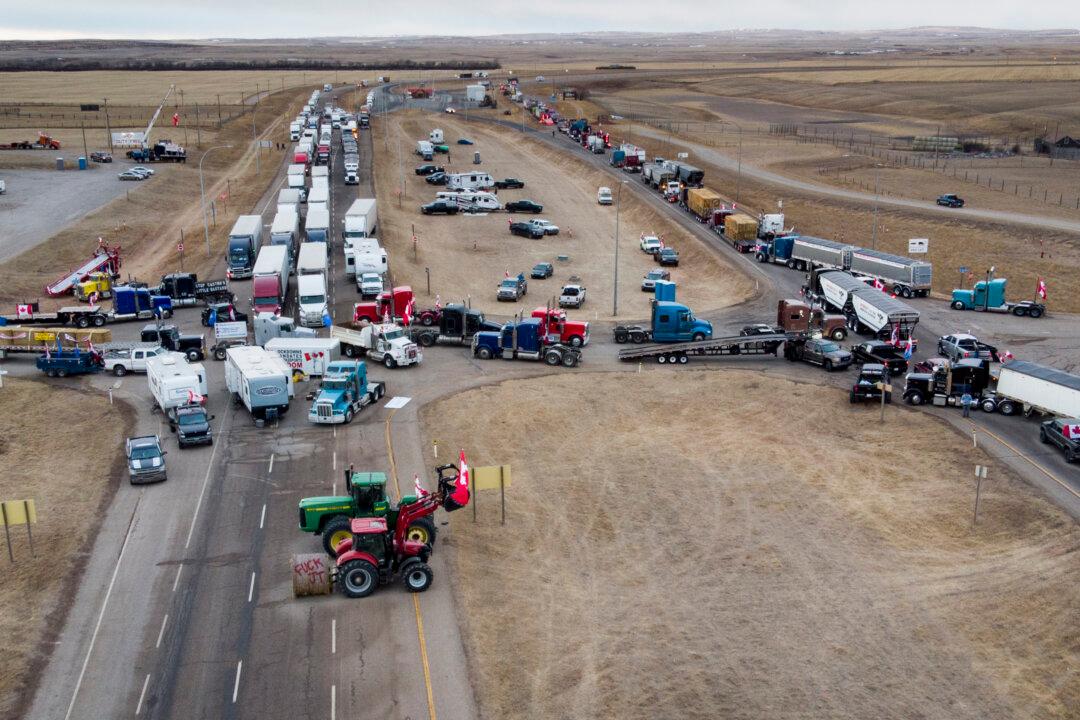The RCMP commissioner says that no powers granted by the invoking of the Emergencies Act were used to clear the border blockades in February.
“In RCMP jurisdiction, we successfully used a measured approach and existing legislation to resolve border blockades,” Commissioner Brenda Lucki told the special joint committee of parliamentarians reviewing the declaration of emergency on May 10.





